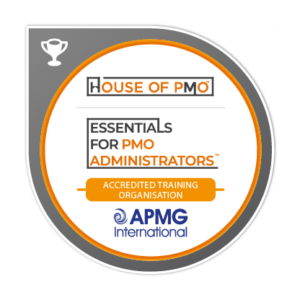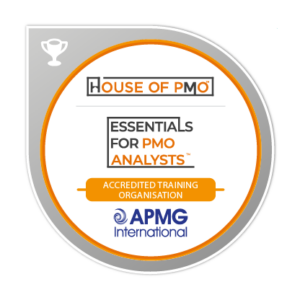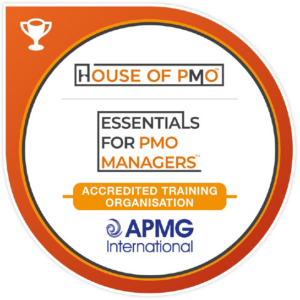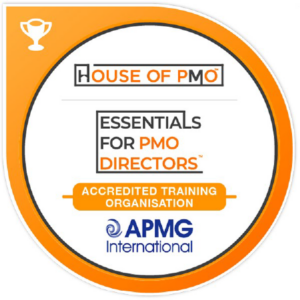
There’s a bit in the P3O® guidance that states:
To be successful, programme and projects require a shared understanding of their objectives, teamwork and effective decision-making. Programme and project decisions by their nature are contributed to by groups of people in meetings or workshops. However, the ineffective management of workshops can lead to wasted management time and effort and the demotivation of the participants. Therefore, managing workshops is a key skill in the programme and project environment and the PMO is ideally placed to provide an independent facilitation role.
The PMO is exactly the right place for these skills to exist and to be utilised by anyone within the change function of the business.
The P3O® course also gives a great overview of the types of sessions that could be facilitated by the PMO, they include, for example:
- Portfolio priorities
- Programme / Project kick-off
- Benefits identification and modelling
- Risk management
- Planning
- Lessons Learnt
- Training
The list goes on and frequently changes, for example, when P3O® was printed, Agile retrospectives were not regular features on the project landscape.
What the P3O® course doesn’t give you is how to facilitate a workshop when you’re working in a PMO.
What has become clear over many years of working with PMO practitioners is that facilitation skills are not as prominent as they should be which has an impact on the type and level of service that can be offered by the PMO.
Imagine for a second that there is a new programme starting up, it’s an important programme for the organisation, lots of different projects all competing for resources, everything feels slightly chaotic – you know that usual new programme or project kick-off when everyone is hyped and ready to go. The programme manager wants to kick-off by getting everyone together, the team, main stakeholders, the sponsor, everyone. It’s not a planning meeting, it’s the start of something new where everyone needs to understand the purpose of the programme and their role in it.
You’ve been asked to lend your support in staging that session – where do you start?
Facilitation Fundamentals for the PMO
 To get started with facilitation there are some fundamentals best practice approaches, models and techniques that can be used to help you create your own approach to facilitating sessions. We’ve found over the years that once the fundamentals are in place, PMOs have great fun in devising different approaches and exercises into their facilitation toolbox which can then be used to suit the type of session they are facilitating.
To get started with facilitation there are some fundamentals best practice approaches, models and techniques that can be used to help you create your own approach to facilitating sessions. We’ve found over the years that once the fundamentals are in place, PMOs have great fun in devising different approaches and exercises into their facilitation toolbox which can then be used to suit the type of session they are facilitating.
There are many reasons why the PMO is in a great place to offer the service to the organisation – Ten Reasons Why We Need the PMO to Facilitate – not least because who else in the organisation could offer a service like this?
At PMO Learning we’ve created a great short course, just half-day, to get you started in facilitation skills. PMO practitioners are loving the way we deliver learning through our virtual classroom – full of interaction and exercises to keep you engaged and motivated – and of course learning!
Here’s some more detail on the new half-day course:
Course Objectives
By the end of the workshop, delegates will:
- Understand facilitation and the role of the facilitator
- Understand how to design and facilitate effective workshops
- Have practised some facilitation tools and techniques
Course Content
- Facilitation – what it is and what it isn’t
- The role of the Facilitator and their key competences
- Planning the session
- Facilitating the session
- Closing the session and follow up activities
To find out more visit [Facilitation Fundamentals for the PMO] and learn how your PMO can provide a vital service to the business.
If you’re interested in jumping straight into a technique, why not get started with Relative Prioritising and Sizing:
The P3O® courses on this page are offered by PMO Learning. P3O® is a [registered] trade mark of AXELOS Limited. P3O® is a registered trade mark of AXELOS Limited, used under permission of AXELOS Limited. The Swirl logo™ is a trade mark of AXELOS Limited, used under permission of AXELOS Limited. All rights reserved.
Enjoying Our Blog?
Sign up and receive all our articles (we’ll send you an update once a week!) plus special offers and events:












